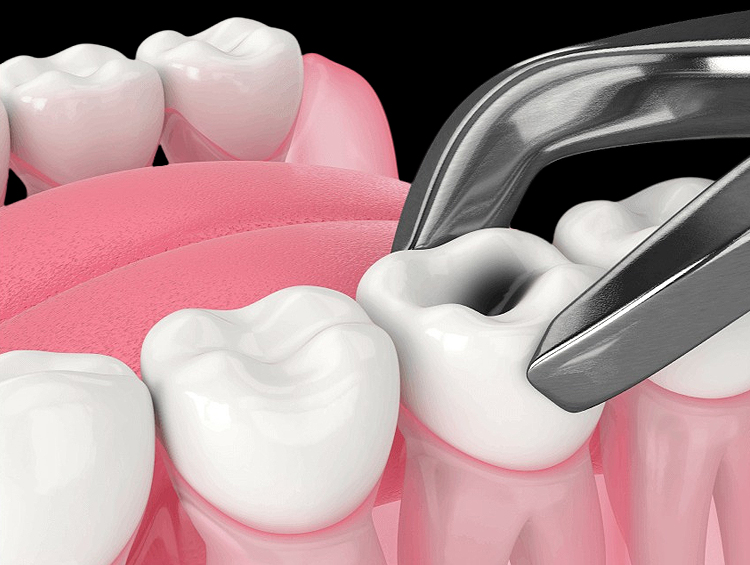
Understanding the Importance of Extraction for Oral Health
Although it is best to preserve a natural tooth, there are times when a tooth extraction is necessary. An extraction may be the best option to maintain oral health due to trauma, disease, or crowding. Tooth extraction involves the complete removal of one or more teeth from the jaw bone.
Tooth extraction is available at West Albany Dental in Albany and the surrounding area. Our team can extract teeth gently and safely to preserve your oral health. Call us at (541) 249-7319 to learn more about our services or schedule an appointment.
A Normal Procedure
While it is best to preserve natural teeth, many reasons can necessitate tooth extraction. Sometimes a filling or crown is not enough to restore a tooth. The American Dental Association suggests the extraction of teeth that have suffered severe trauma, have extreme tooth decay or disease, or are crowding the surrounding teeth. It is also normal for patients to have an extraction or two before orthodontic treatment.
Many tooth extractions are relatively simple and performed in-office. For teeth that are visible about the gum line, we will numb the extraction site and remove the tooth with forceps. Broken or impacted teeth require a more involved procedure.
Preventing Infection
According to the National Institute of Dental and Craniofacial Research, gum disease is the most common cause of tooth loss in adults. Gum disease occurs when bacteria get below the gum line and causes infections. Without treatment, oral bacterial leads to gum recession, damage to the jawbone, loose teeth, and even tooth loss.
Research has also shown chronic dental infections can cause inflammation that contributes to cardiovascular disease, stroke, and many other related diseases. While a root canal can often save a tooth from decay, sometimes a tooth is beyond saving due to lost structure and stability. Tooth extraction can prevent damaging decay and infection from spreading.
Overcrowded or Impacted Teeth
In some cases, it is beneficial to have crowded or impacted teeth extracted. Impacted wisdom teeth do not have enough room to grow. Extraction can prevent pain, infection, and other dental problems. While not all wisdom teeth need removal, it is necessary once they start causing problems. In some cases, wisdom teeth do not fully break through the gums and can cause crowding issues. A partially erupted wisdom tooth is especially susceptible to cavities.
Patients may also need teeth extracted before receiving braces. Orthodontics involves the process of properly aligning the teeth, which may be tough without enough room. Crowded teeth increase a patient’s risk of developing gum disease and cavities. Extracting teeth can relieve crowding and impacted teeth.
When Tooth Restoration Is Not Enough
Typically, the first option to restore a damaged tooth is a crown or filling. If the damage is too severe, trying to save a tooth may put oral health at further risk. A filling may put the tooth at risk for shattering, while a tooth may not be strong enough to support a crown. Root canals are also not possible when there is too much tooth damage.
Each tooth has a limit to how many times it can be worked on before it starts to fail. Redoing a crown or root canal only buys so much time. After several fillings, crowns, and root canals, there will not be much of the tooth left to save. At that point, tooth extraction is the best option to maintain oral health.
Trauma and Tooth Extraction
Teeth are tough but not indestructible. Traumatic dental injuries can occur from a sports injury, car accident, or even a simple slip and fall. While many injuries are minor, if the tooth becomes severely damaged to the point where restoration is not possible, an extraction will be necessary.
After sustaining tooth trauma, patients should schedule an appointment quickly to improve their outcomes. Our team can look for signs of additional damage that may not be immediately obvious. Severely fractured teeth can be very loose and unable to be restored with dental work, thus making tooth extraction necessary. Patients should take any dental trauma seriously, even if it seems mild.


